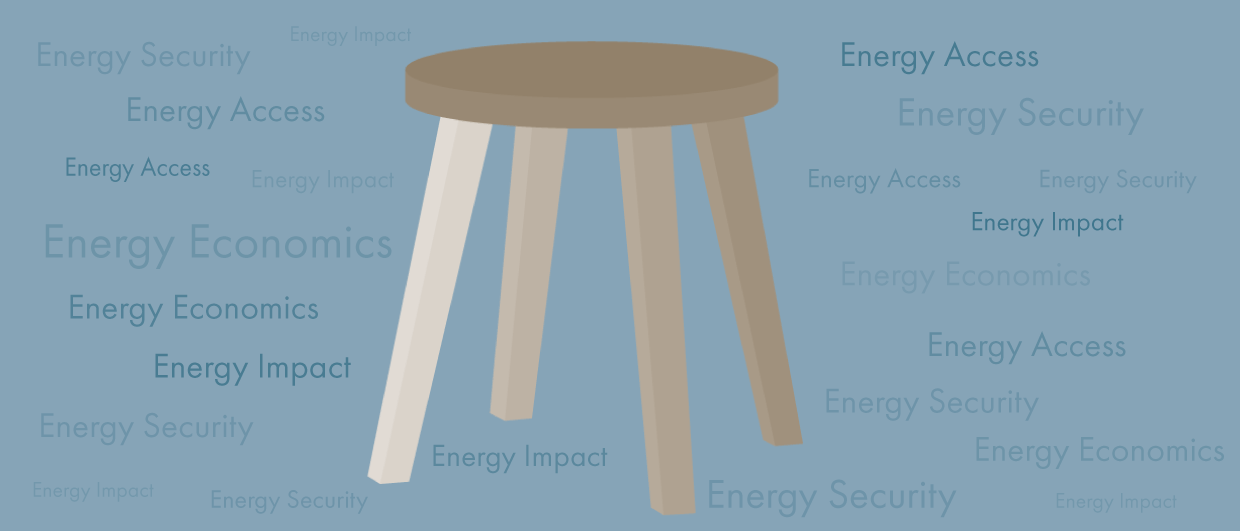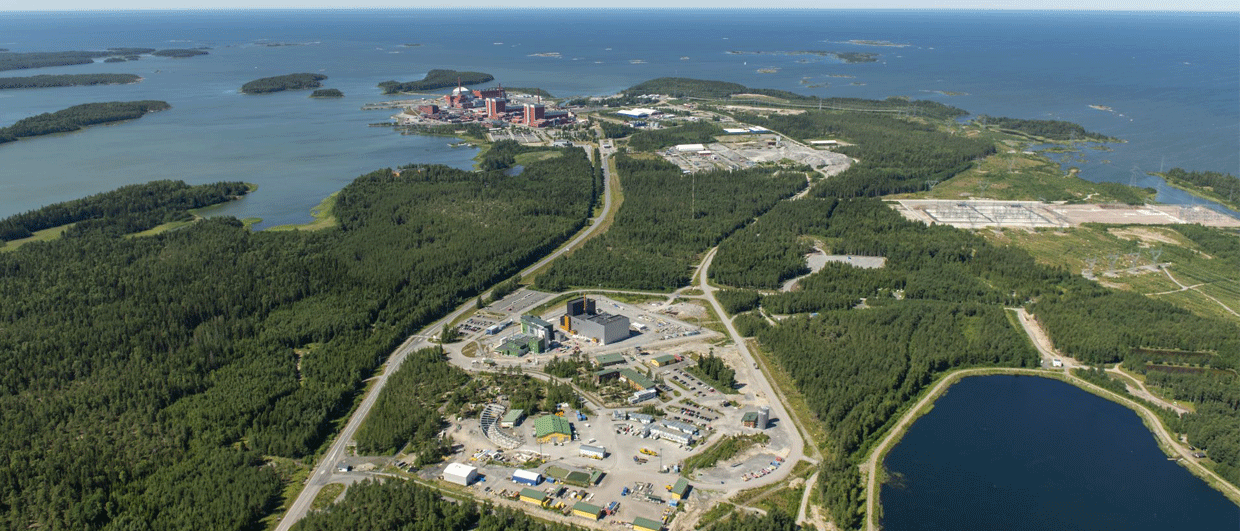It’s time to start being honest to ourselves regarding the suitability of an ambitious, high-profile goal such as “net zero”. The unpopular truth is that it has long been evident that Net Zero is incompatible with our current lifestyles. The fact is that, globally speaking, global carbon emissions are actually increasing. So why is it that we are moving further from our stated goal, and why do we struggle to frame our ambitions honestly?
The four-legged energy policy stool
It comes down to a 4-legged energy policy stool.
Leg 1 – Energy Security: Approximately 2 billion people have energy access like those of us in the West enjoy every day – the majority don’t. For the remaining 6 billion people, coal is the preferred energy source because it’s an accessible, secure means of baseload power available in high supply with straightforward logistics.
Leg 2 – Energy Access: As developing economies modernize, their people gain access to energy services like a well-functioning grid and consume at rates closer to what we do in the EU. Energy access will be an issue for most of this century because it comes with trade-offs between trying to mitigate climate impacts and providing prosperity for all.
Leg 3 – Energy Economics: People want energy, but they don’t want it to cost too much. This is glaringly obvious in global politics now. To pay a “duty” on energy for climate policy is not popular anywhere, despite general support for fighting climate change. Therefore, energy prices have to remain affordable.
Leg 4 – Energy Impact: All forms of energy have an impact, not only intensity of CO2 emissions. Currently, there is too much single-issue climate action while downplaying the other 3 legs of the bar stool. Any discussion of climate issues that does not consider the other 3 legs of the bar stool will surely fail.
A realistic approach to energy transition
As a geoscience community, we tend to identify with specific energy technologies as we do with our favourite sports team. The reality is that we are going to need an “all of the above energy source” approach. This also requires being honest about what certain energy technologies can AND cannot do.
Reducing energy impacts from a world economy that has >80 % fossil emissions at the start of 2025 to a world my grandkids inhabit long after 2050 where the world economy has ~30-40 % fossil emissions is going to involve lots of incremental changes in order to make observable progress.
Currently, we seem to think we can sleep tight because we signed up to net zero by 2050. So, is a target and timeframe that is not achievable useful? Instead, we might be better off if we align with the Paris Agreement and prioritize the replacement of coal with nuclear and natural gas as a first step.





